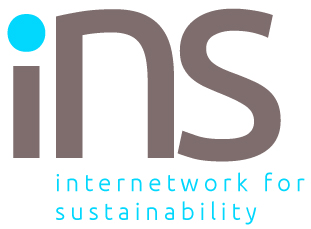Three Green Cement Technologies for Lowering Scope 3 Emissions
Innovative new green cement solutions are increasingly enabling companies to decrease scope 3 CO2 emissions. Three of these emerging development areas are explored in this article.
Innovative new green cement solutions are increasingly enabling companies to decrease scope 3 CO2 emissions. Three of these emerging development areas are explored in this article.
Coal ash—the toxic byproduct from coal combustion—may turn out to be a significant domestic source of rare earth elements essential to clean energy technologies, including electric vehicles, wind turbines, and solar panels.
Some of the most regressive actors in the packaging value chain, such as single-use paper packaging producers and McDonald’s, have been conducting a massive lobbying campaign to greenwash single-use paper as a sustainable alternative to single-use plastics.
The Netherlands is dumping a million items of junk plastic clothing waste in Kenya every year that are too dirty or damaged to be reused, creating serious health and environmental problems for vulnerable communities.
Introducing zero waste systems in cities around the world would be one of the quickest ways to reduce global heating, finds a new report. The waste sector accounts for 3.3% of global greenhouse gas emissions, and a fifth of global methane emissions.
The food waste in the EU is higher than its imports. The waste damages EU food security amid the cost-of-living crisis. That is the finding of a new report released by environmental NGO Feedback EU.
Researchers projects that using a smartphone for five instead of three years could reduce the phone’s annual carbon footprint by 31%.
The EU Batteries Regulation is crucial to guarantee sustainability requirements for the whole life-cycle and recycling of batteries.
The European Commission released a set of initiatives to speed up the transition toward a circular economy. Swift action is needed to reduce our emissions and resource use while respecting planetary boundaries and human rights.
Japanese scientists produced fertilizer from bioplastic. Their findings pave the way towards sustainable circular systems that simultaneously address issues such as plastic pollution, petrochemical resource depletion, and world hunger.
